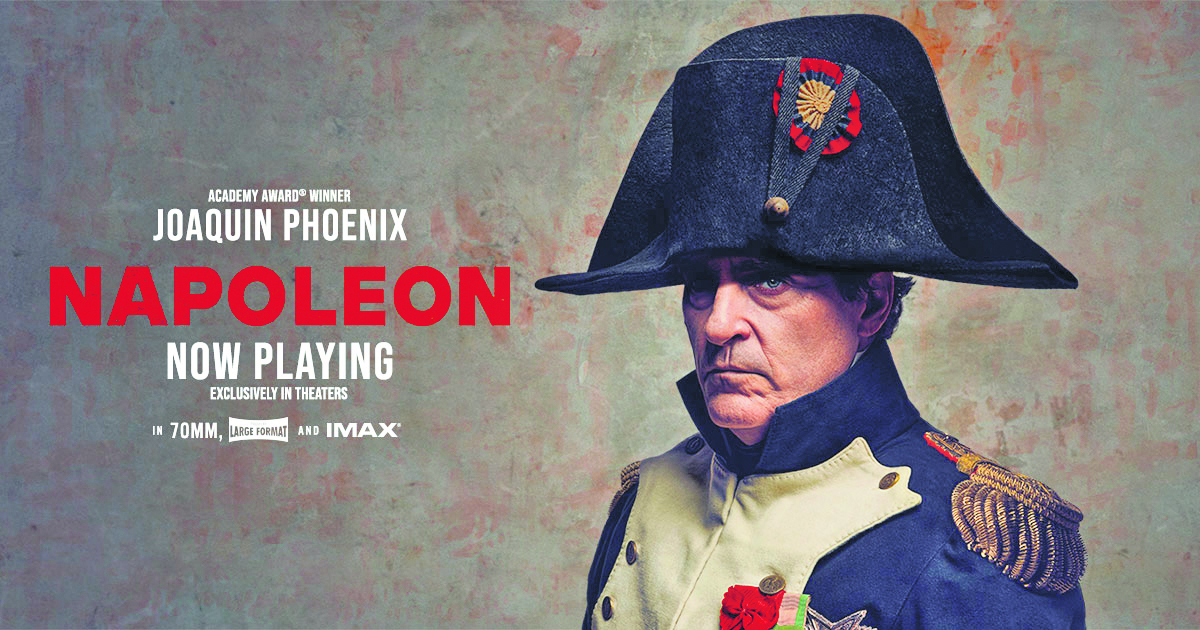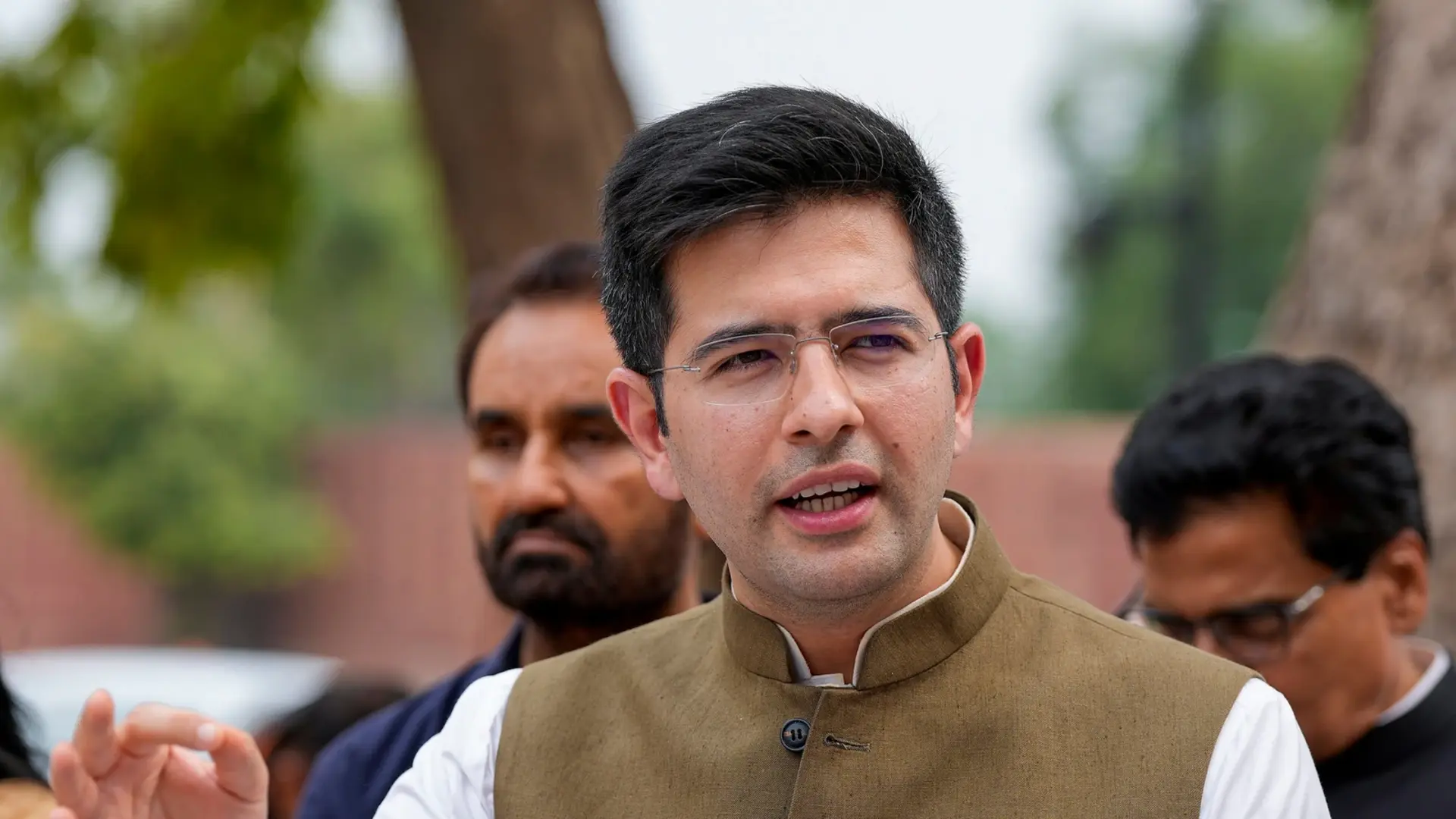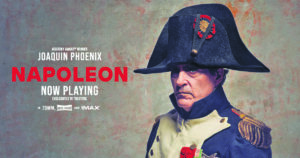Ridley Scott Unveils the Enigmatic Life of Napoleon Bonaparte in a Gripping Biopic.Ridley Scott’s latest venture delves into the tumultuous 30-year journey of Napoleon Bonaparte, the former French emperor, portrayed compellingly by Joaquin Phoenix. With an enigmatic historical figure at its center, the film explores the striking parallels between Napoleon and other power-driven leaders like Hitler, highlighting their relentless pursuit of power and its dehumanizing impact.The narrative begins in 1789, introducing Napoleon as a military commander aware of his strength, an egoist driven by an insatiable hunger for power. Scott’s 160-minute biopic weaves together cinematic renditions of well-choreographed battles and war scenes, complete with visceral moments that might unsettle viewers. However, amidst these spectacles, the film falls short in elucidating Napoleon’s underlying motives and intentions, leaving the audience disconnected from the outcomes of his actions.
For those unfamiliar with the historical context, Scott employs on-screen text to provide a timeline of the French Revolution, ensuring accessibility for all viewers. Rather than focusing solely on the battles, the film emphasizes Napoleon’s forward-thinking strategies in warfare, depicting his transformation into an excessively self-absorbed leader over time.
Central to the narrative is Napoleon’s unwavering passion for Josephine, played by the enchanting Vanessa Kirby, a widow of high birth. However, the film merely scratches the surface of their relationship, failing to explore the depths of their connection, leaving the nature of their love ambiguous.
Scott skillfully shifts gears in the screenplay, seamlessly transitioning between Napoleon’s battlefield conquests and his domestic life with Josephine, offering moments of respite from the intense war visuals. Joaquin Phoenix delivers a striking performance, encapsulating Napoleon’s complexities in a manner that evokes both discomfort and admiration. Vanessa Kirby shines on screen, exuding grace in every frame. Notably, the film excels in authenticity, with impeccable dialect, impressions, and dubbing that maintain a seamless connection to the era. The captivating music and exquisite period sets elevate the cinematic experience, complementing the narrative.
While Scott succeeds in crafting an entertaining portrayal of Napoleon’s life, the film falls short in providing sufficient depth for viewers to invest wholeheartedly. It feels incomplete, leaving several narrative gaps unexplored, despite its captivating presentation. In summary, Ridley Scott’s “Napoleon” earns a respectable 3.5 out of 5 stars for its engrossing storytelling, standout performances, and visual splendor. However, it leaves audiences longing for a deeper exploration of Napoleon’s character and relationships.3.5 out of 5 stars.








